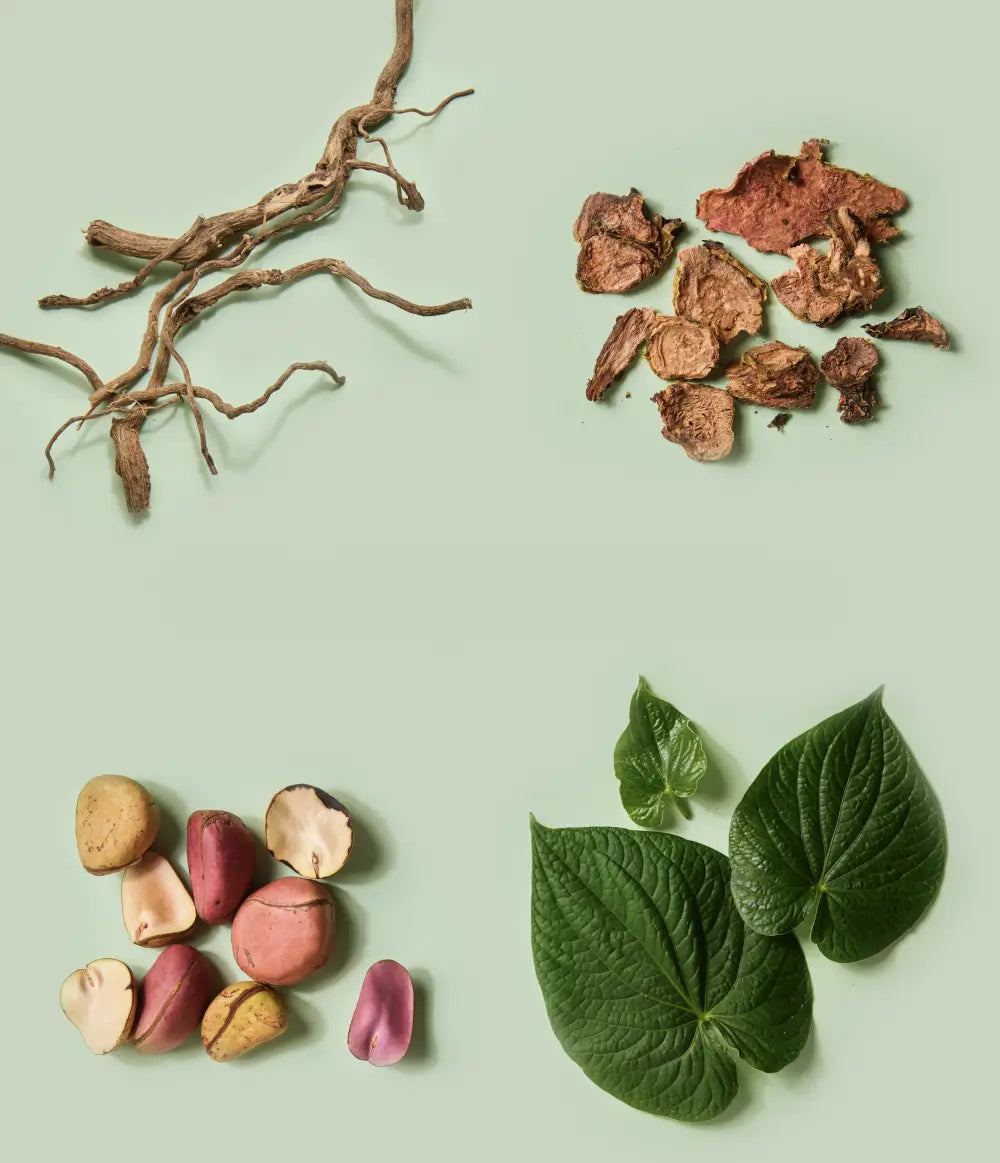Our Ingredients
Tonics and capsules packed full of powerful plant ingredients
CLASSIC product ingredients
Discover the two powerful botanic ingredients inside our feel free CLASSIC products.
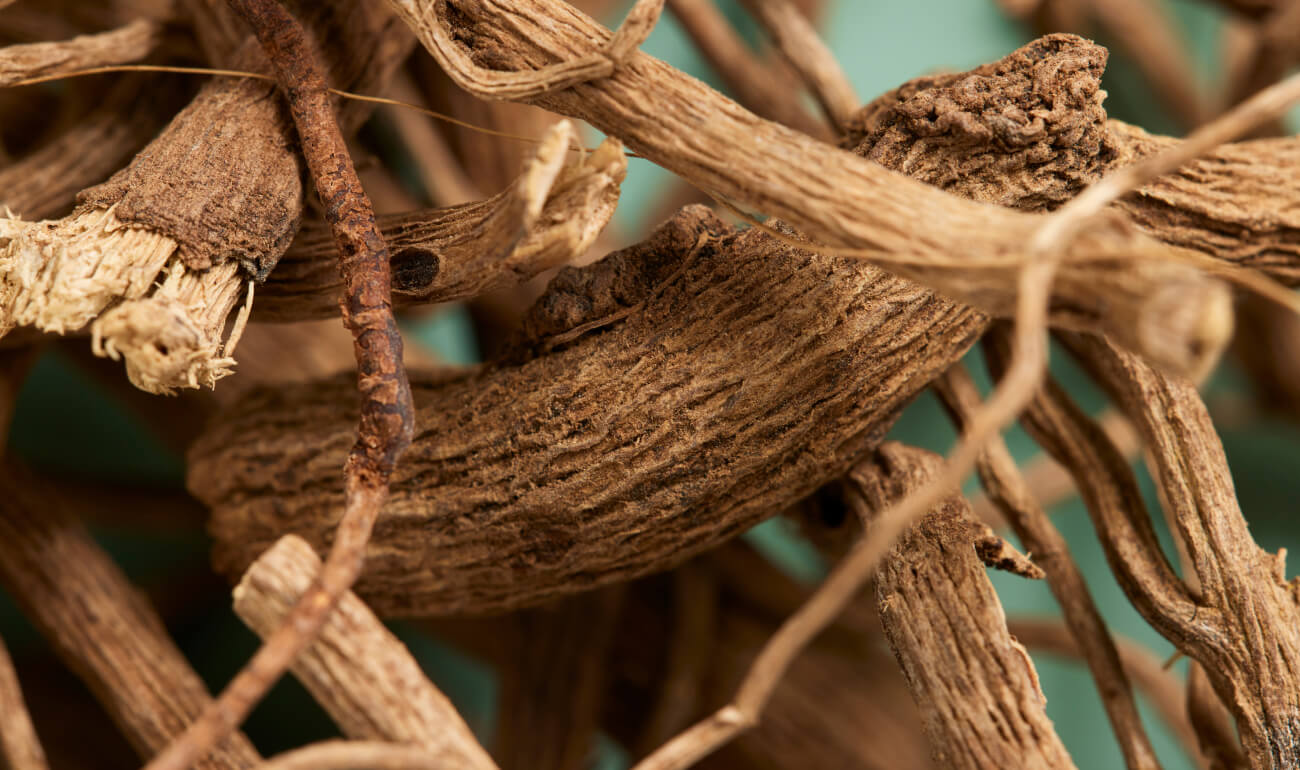
Kava Root
Kava kava, or Piper methysticum, is a plant native to the South Pacific. The root of the plant is used as an herbal remedy with various effects. Traditionally, the kava root was ground into a paste and added to liquid for consumption as a kava drink.
LEARN MORE →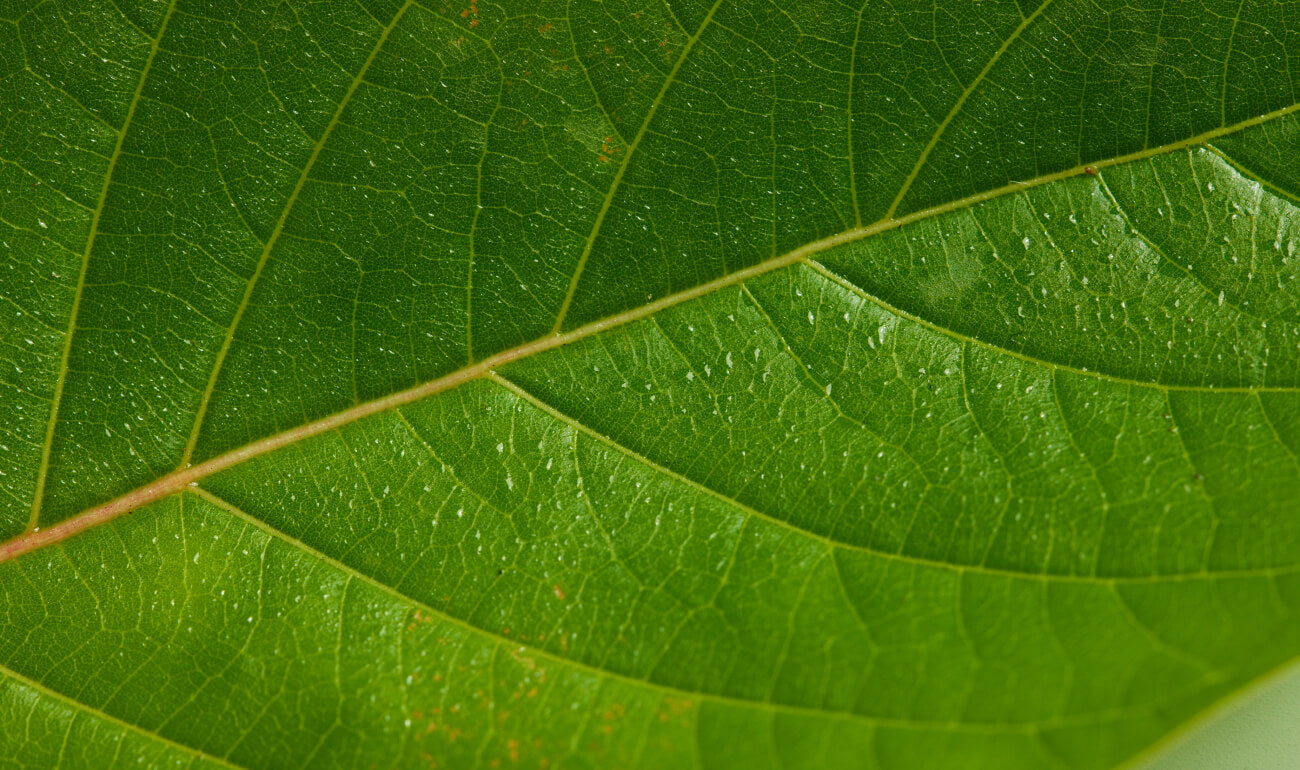
Leaf Kratom
Kratom, whose scientific name is Mitragyna speciosa, is a tropical evergreen tree in the coffee family that is native to Southeast Asia, particularly Indonesia, Thailand, and Malaysia. Kratom leaves have been traditionally used in these regions for centuries.
Kava Maté tonic ingredients
Discover the two powerful botanic ingredients inside our feel free Kava Maté tonic.

Kava Root
Kava kava, or Piper methysticum, is a plant native to the South Pacific. The root of the plant is used as an herbal remedy with various effects. Traditionally, the kava root was ground into a paste and added to liquid for consumption as a kava drink.
LEARN MORE →
Yerba Mate
Yerba mate, or Ilex paraguariensis, is a species of holly native to South America where it has long been a cultural staple. Traditionally consumed as a brewed tea and sipped from a gourd, it is known for its smooth, sustained energy and mental clarity.
capsule ingredients
Discover the four powerful botanic ingredients inside our feel free capsules.

Kava Root
Kava kava, or Piper methysticum, is a plant native to the South Pacific. The root of the plant is used as an herbal remedy with various effects. Traditionally, the kava root was ground into a paste and added to liquid for consumption as a kava drink.
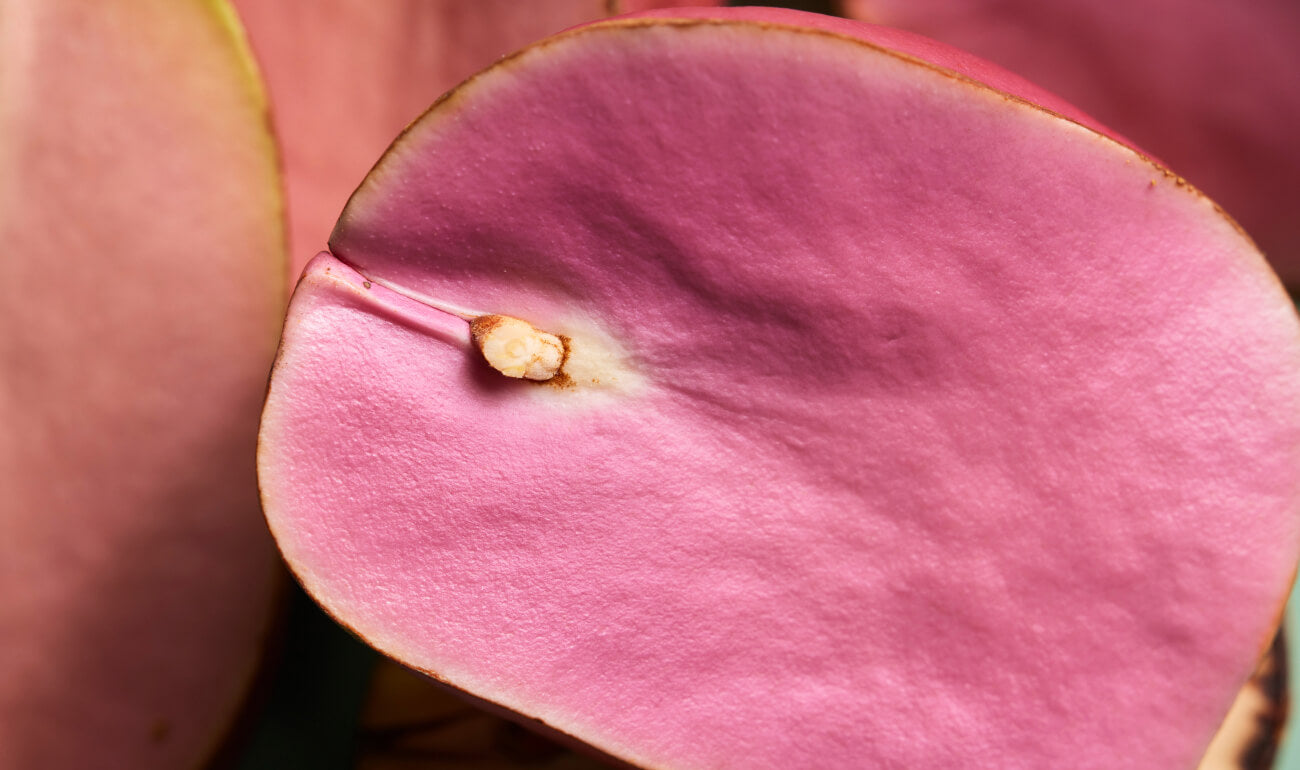
Kola Nut
Kola nuts grow on evergreen trees native to the tropical rainforests of Africa and contain a natural source of caffeine. Despite the name, kola nuts are actually the fruit from these trees (Cola acuminata and Cola nitida) and are about the size of a chestnut.
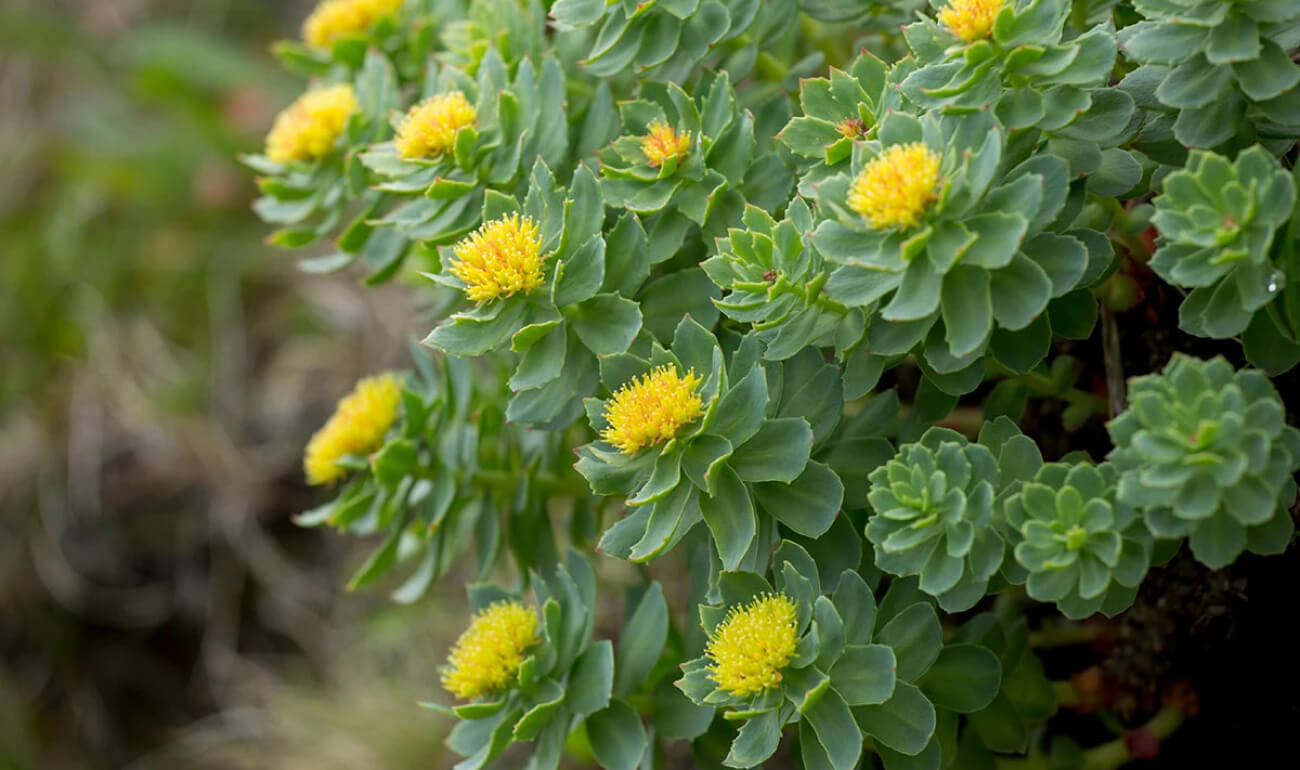
Rhodiola
Rhodiola rosea, or simply Rhodiola, is a herb indigenous to the cold, mountainous regions of Europe and Asia. Also known as arctic root or golden root, it’s no surprise that it produces gorgeous yellow blossoms. The root is considered to be a powerful adaptogen, which naturally helps the human body adapt to and fend off the effects of stress.
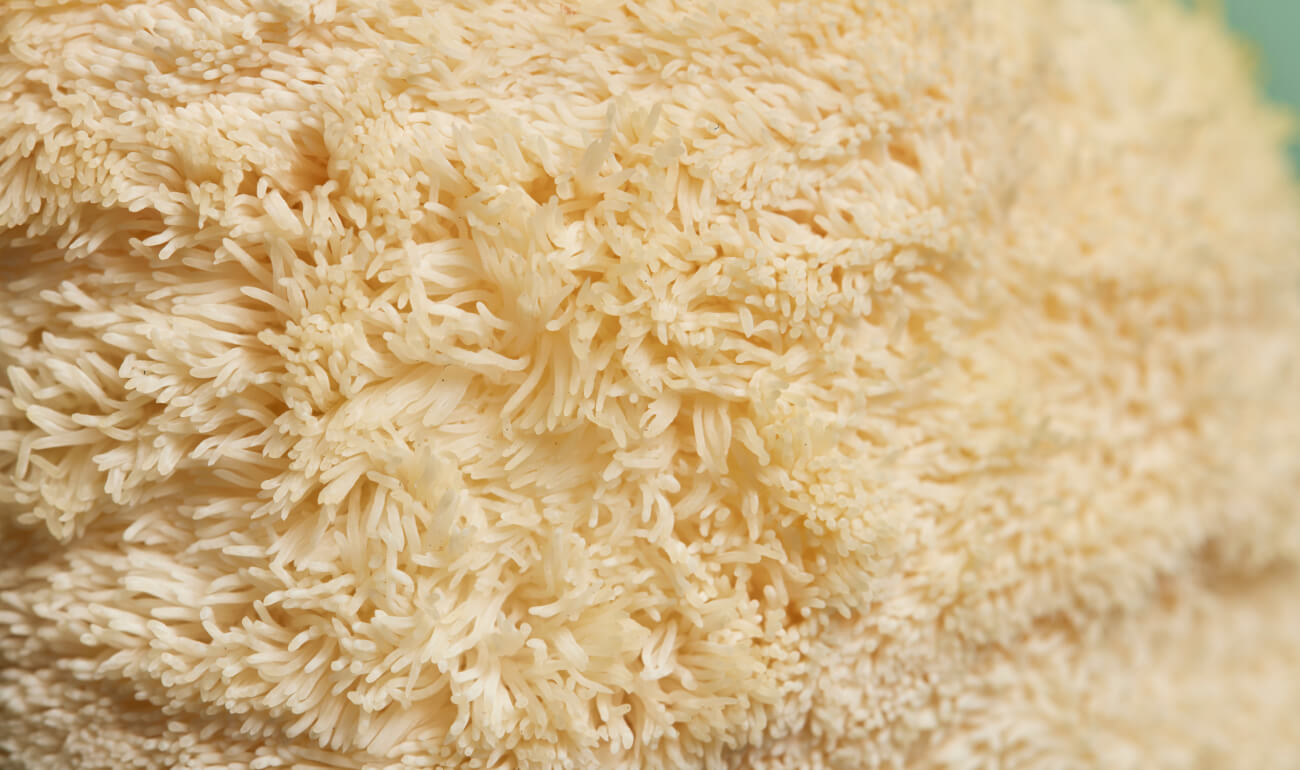
Lion's Mane
Lion’s mane mushroom, also known as Hericium erinaceus, is an edible fungus native to North America, Europe, and Asia. Lion’s mane grows on the trunks of dead hardwood trees such as oak and beech. It earned its name from its appearance: a white mushroom with a shaggy, beard-like look.











